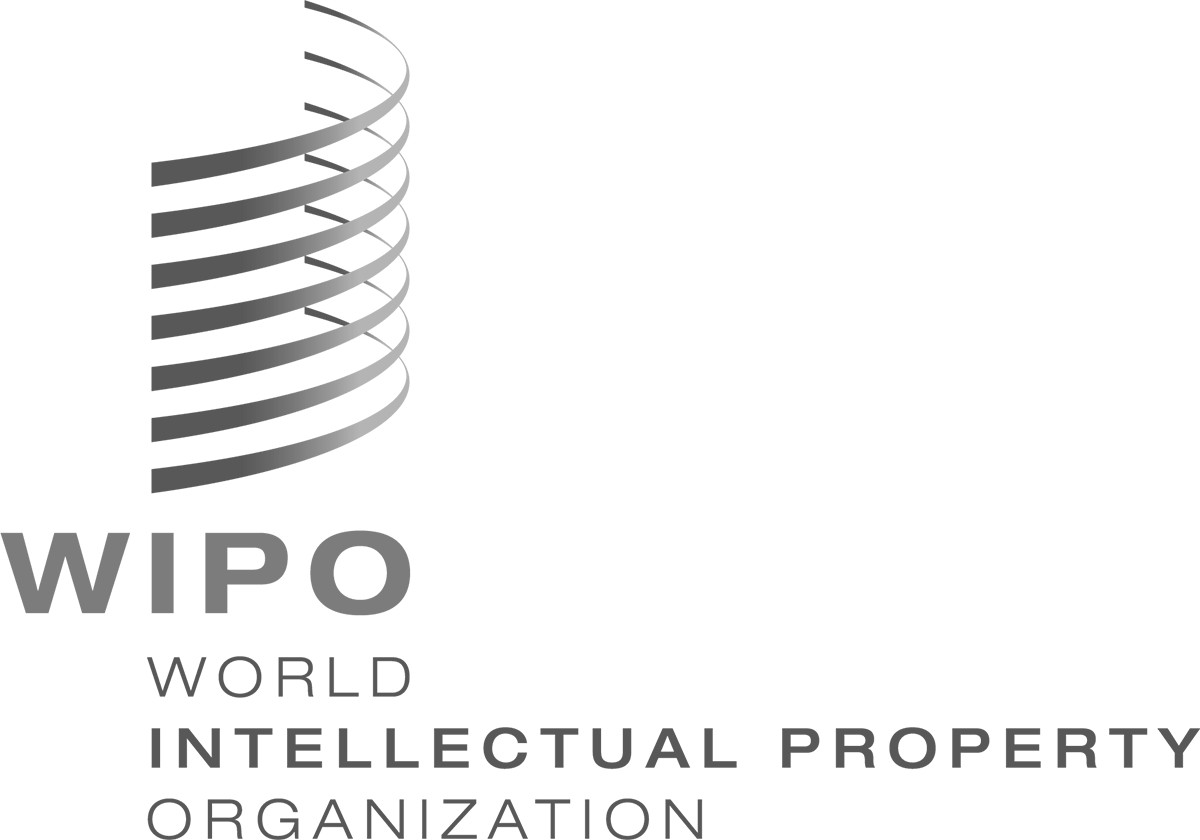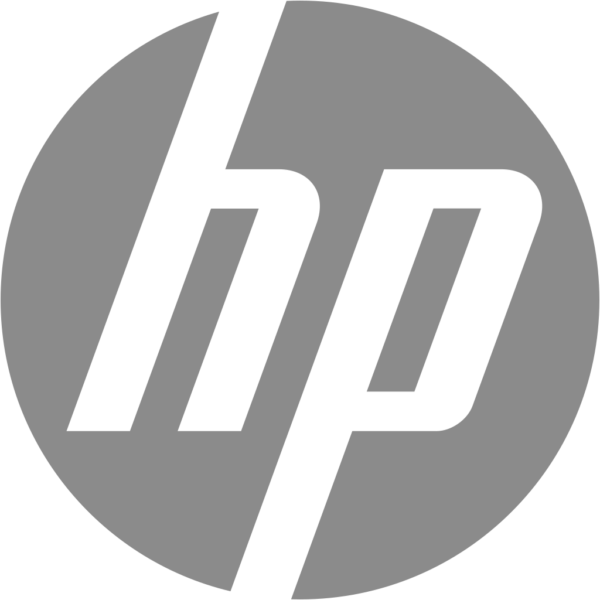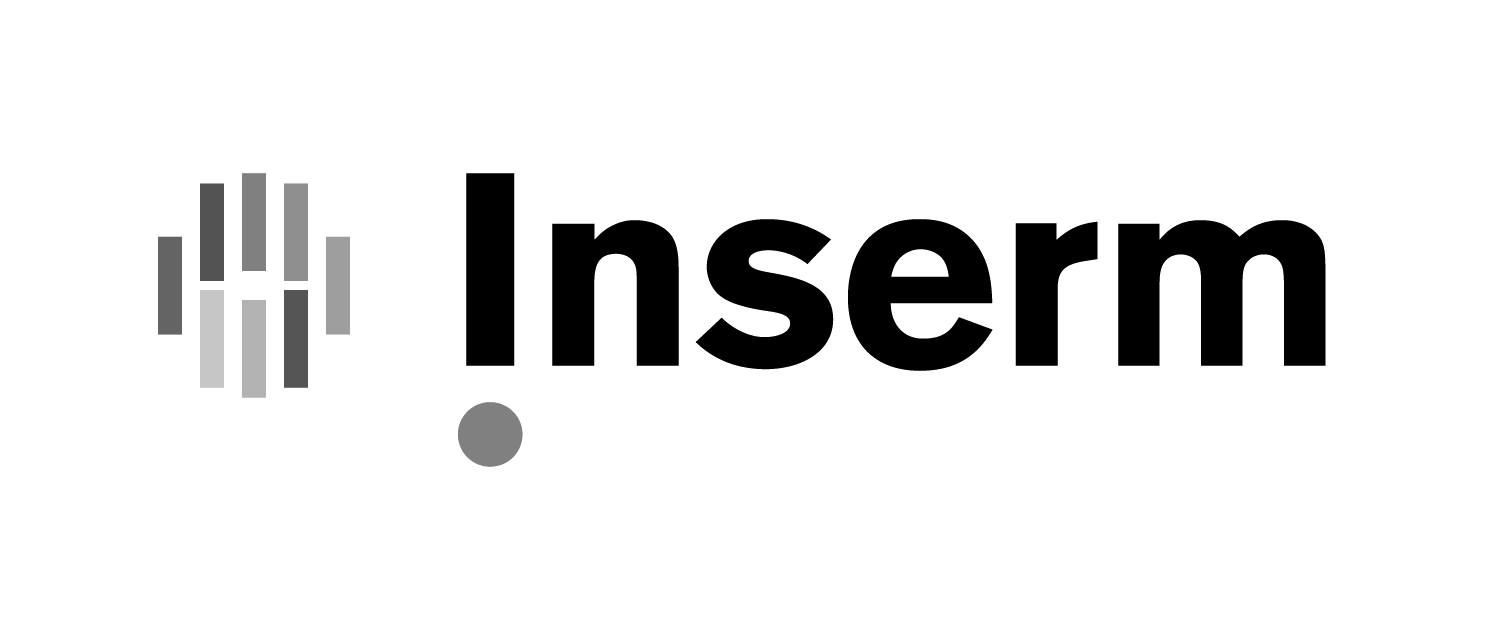



We can translate your content, taking into account the specific features of your sector to guarantee perfect harmony with your source documents.
We can help you in creating a termbase that will provide a working framework for your publications and future translations
We can handle your translations from start to finish. You can therefore count on cross-cutting support for your content (DTP, audio/video, user interfaces, websites, SEO)
Our translators are experts in their respective fields. They keep themselves updated on innovations in the sector, carry out research and make precise and relevant choices that reflect the reality of your business
We can localise your content in light of your audience’s cultural and sociological context. We enlist linguists who translate exclusively into their mother tongue and who are in touch with the reality of your sector in their country
We are committed to guaranteeing you peace of mind in this respect. We have a high level of IT security in-house, and we are committed to ensuring maximum confidentiality by signing nondisclosure agreements with you
Send us your translation project for a quote.
We will get back to you within an hour (during office hours).
Our past projects have equipped us to carry out detailed subject-specific research. We therefore know which translators worked on each job over the past few years. We categorise projects according to around a hundred different fields, organised under headings and subheadings. This ensures that you benefit from the expertise closest to your subject matter.
Disciplines are becoming increasingly interconnected whether it is chemistry, physics, mechanics, mathematics, robotics, medicine or natural science. Today, the borders between these disciplines tend to blurr. This trend also represents an opportunity for research, which benefits from interdisciplinary perspectives conducive to faster progress.
The emergence of biotechnology, for example, is a good illustration of this new interoperability.
Against this backdrop, due to broadened collaboration and the involvement of teams around the world, communication needs have accelerated and as a result, so have requests for scientific and technical translations.
Although science and technology documents are often written in English, it is not unusual to have to translate into other languages. It all depends on the project’s objective and target audience. Depending on whether the content being translated is for a narrow scope of application (research environment) or for commercial purposes, the choice of language must therefore be appropriate. Similarly, if the target audience is the general public, the tone and vocabulary used will need to be adjusted.
Scientific translation generally enables stakeholders to enhance their reputation. More specifically and depending on their strategy, it also helps them to make their research accessible to as many people as possible, to capture new markets, to improve their credibility among their peers or, in certain cases, to spark the interest of investors monitoring the field.
Before a document translation project is launched, we systematically check in with our client to confirm the terminology we should use. Where appropriate, we research the most precise and appropriate terminology for each context. The context is extremely important to guide language choices because, in some cases, many terms can be translated in different ways. Our clients sometimes send us terminology guides written in-house or, failing that, ask us to work on building them together. Depending on the product, there will also be company-specific terminology that should be made consistent with that used in the sector. Unless the client gives specific guidelines, linguists will use the standard language used in the industry. It is therefore important to establish a common framework ahead of the project.
In any case, we like to be sure and do not hesitate to ask our clients for more clarification on the meaning of a term, so we can choose the best translation. For discussions like this, we offer clients a tool that they can use throughout the project if they so wish. It works both ways, of course, if the client needs us to clarify something for us too.
Send us your translation project for a quote.
We will get back to you within an hour (during office hours).